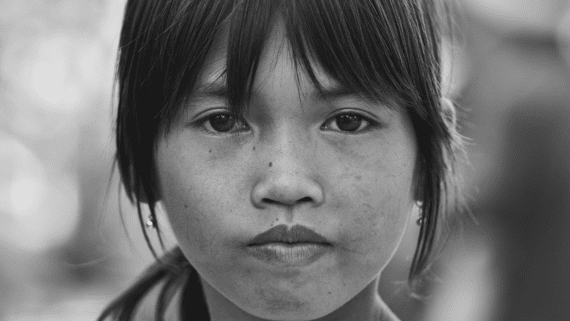By Olivia Stanley
A few weeks ago, I attended the Conversation with the White House in the Southwest Region webinar hosted by Bread for the World. Ahead of the webinar, I had helped gather names of church partners that might be interested in attending as part of my internship at Bread.
The webinar’s panelists—mostly faith leaders—spoke about their ministry and offered specific ways that the Biden-Harris administration could support them in their efforts to end hunger in their communities. Josh Dickson, deputy director for the White House Office of Faith-Based and Neighborhood Partnerships, discussed the importance of making permanent the Child Tax Credit (CTC) expansion.
He also spoke about the administration’s commitment to ensuring that individuals who are not required to file taxes (because they make too little money) still have a way to receive CTC payments.
Our country is trying to recover while still fighting the global pandemic. At the beginning of COVID-19, my father told me, “We are building the plane as we fly it.” His statement rings even more true today as we grapple with the vaccine rollout and the Delta variant. During the webinar, Josh made the point that our country would spend the next 50 years dealing with the fallout of the global pandemic.
I agree with him. Our country is experiencing a monumental event in history, and we have a chance to set a precedent for what policies will take care of my generation and our children. To invest in the future of this country, we have to invest in mothers and children. Otherwise, there will be no future.
For the last eight weeks, I have been interning with Bread’s Faith Engagement department. I applied for the internship because I wanted to better understand U.S. policies that can help end hunger. I learned about poverty and how it perpetuates hunger. I learned that SNAP and WIC benefits are sometimes not enough for struggling U.S. families.
I learned that acts of charity can only go so far; people stuck in the cycle of poverty need an out. Our economy and policies have to start helping people here and abroad who struggle with hunger and poverty.
Making the CTC expansion permanent and passage of the Global Malnutrition Prevention and Treatment Act of 2021 (H.R. 4693) and a human infrastructure package could go a long way toward making lasting change in the U.S. and around the world.
Even though the global pandemic has increased hunger in the U.S. and abroad, I am still optimistic. My time at Bread has made me optimistic because I see the dedication of staff and members to influence members of Congress.
My hope is that what happens now legislatively and in the near future will lead to positive changes—and shape the future for the better.
Olivia Stanley is a psychology student at Sewanee in Tennessee. She will graduate in 2023.



